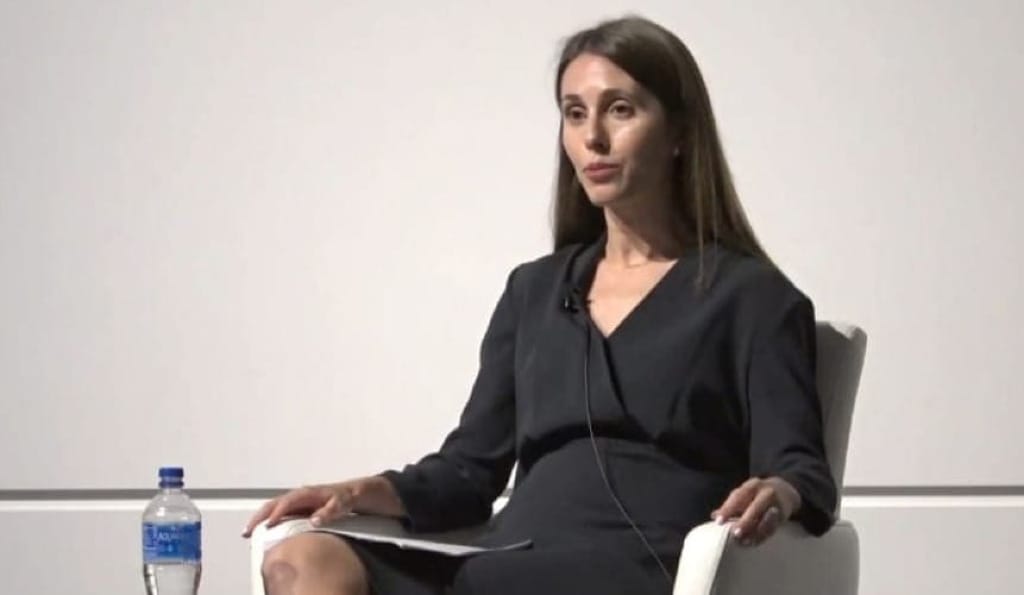FCC Lawyer Defends Digital Discrimination Rules Before Eighth Circuit
ISP Lawyer Says ‘Disparate Impact’ Standard Never Authorized by Congress
Jericho Casper

WASHINGTON, Sept. 25, 2024 – The Federal Communications Commission defended its digital discrimination rules in the U.S. Court of Appeals for the Eighth Circuit on Wednesday, facing legal challenges from industry groups who argue that the agency has overstepped its authority.
The FCC’s rules, mandated by Section 60506 of the Infrastructure Investment and Jobs Act supported by President Joe Biden, directed the agency to prevent Internet Service Providers from implementing practices that disproportionately harm communities based on income, race, or other protected characteristics.
Jacob Lewis, associate general counsel for the FCC, argued that the best reading the IIJA supported addressing both intentional discrimination, known as disparate treatment, and unintentional discrimination, or disparate impact, by ISPs.
Citing the statute’s emphasis on ensuring “equal access” and “equal opportunity,” Lewis said these terms were results-oriented, supporting a broader interpretation.
Lewis cited Loper Bright Enterprises v. Raimondo, a recent Supreme Court case, acknowledging that while Chevron deference has been eliminated, the FCC is still empowered when Congress gives clear authority, as it did to the FCC in November 2021 with the IIJA.
Lewis also rejected claims that the Major Questions Doctrine applied, emphasizing that Congress gave the FCC clear authority to prevent digital discrimination under the mandate. He also said the doctrine did not apply when the FCC was interpreting a fresh law handed it by Congress.
Opposing the FCC’s position, Morgan Ratner – counsel for industry petitioners, like WISPA, NCTA - The Internet & Television Association, and USTelecom – countered that the rules exceeded the FCC’s statutory authority. She argued that IIJA’s statute allowed the agency to regulate only disparate treatment, not disparate impact.
Ratner claimed that the FCC's approach would create the broadest civil rights enforcement program with federal law, applying not only to broadband providers but also to contractors, landlords, and others involved in the deployment of broadband infrastructure.
“This is an overreach that Congress did not intend,” Ratner said.
Mark Epstein, counsel for public interest petitioners, including the Benton Institute for Broadband & Society and Media Alliance, highlighted two significant issues with the FCC's rules. He criticized the decision not to allow victims of digital discrimination the right to file formal complaints, arguing that would deprive them of crucial legal tools such as discovery and settlement negotiations.
Epstein criticized the inclusion of a safe harbor for recipients of funding under the $42.5 billion Broadband Equity, Access, and Deployment program, arguing it weakened discrimination protections and lacked justification under the Administrative Procedure Act.
Finally, David Brody, speaking for intervener respondents, supported the FCC’s interpretation. Brody reiterated Congress’s goal in the digital discrimination statute was to ensure equal access for all, focusing on outcomes, not just intent. He said his approach aligned with the disparate impact framework.
The Eight Circuit is packed with Republican appointees: Out of the 11 judges still active, only one was appointed by a Democratic president. (Both senior judges are also Republican appointees.) The three-judge panel that heard Wednesday's digital discrimination case had three Republican appointees: Circuit Judges James B. Loken, Duane Benton, and L. Steven Grasz.
Based on the court's conservative-leanings and other factors, New Street Research policy analyst Blair Levin has already predicted victory for the ISPs over the FCC in the digital discrimination case.









Member discussion